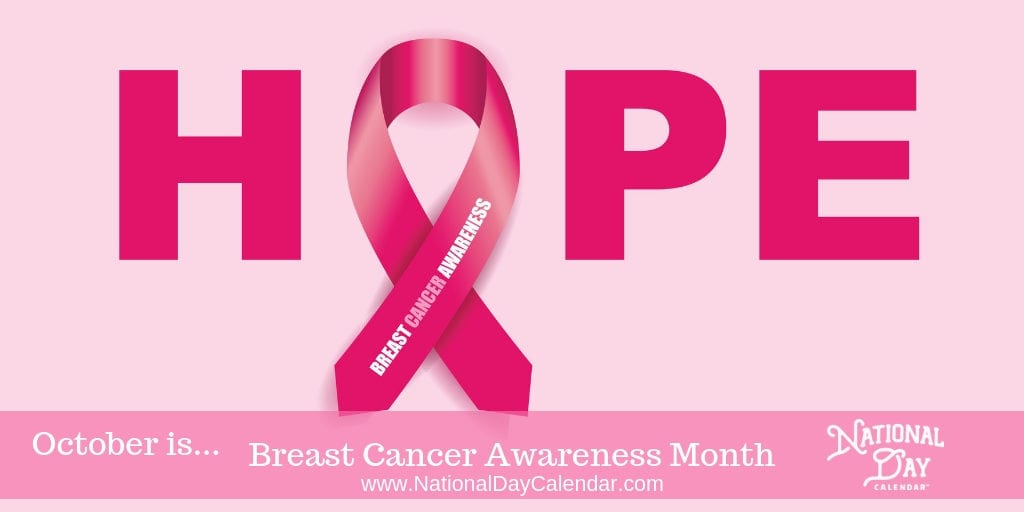During these uncertain times, everyone’s wondering what they should do to stay healthy and how to protect themselves from COVID-19. Many of us have the same questions on our minds: What are the symptoms of COVID-19? Who is at risk of contracting COVID-19? Patients with breast cancer and other cancers have an extra layer of fear, as they navigate concerns about immunity and the safety of continuing treatment. We recently spoke with BCRF’s Scientific Director Dr. Judy Garber of Dana-Farber Cancer Institute on a special edition of our podcast for her insights on navigating breast cancer and COVID-19. While the best advice for getting diagnosed or treated for breast cancer during the coronavirus pandemic is to talk to your doctor, below you will find expert guidance on some common questions.
How can I protect myself from COVID-19?
Everything medical experts have recommended is what everyone—including cancer patients—should be doing. Wash your hands and avoid touching your face. Stay inside as much as possible. Try to be as hygienic as possible, wiping down surfaces and cleaning your house regularly. Most importantly, wear a mask when you are around others.
Am I more at risk of contracting the coronavirus because of my treatments?
For breast cancer patients, chemotherapy tends not to be as toxic to the immune system (compared to chemotherapy for other kinds of cancers, like leukemia, which is generally more intense and wipes out the entire immune system). But chemotherapy can affect a patient’s ability to fight bacteria, and for that reason, they’re given injections to boost white blood cell counts.
Cancer patients whose treatment protocols involve immunotherapy have a special set of concerns. In general, immunotherapy isn’t a widespread treatment for breast cancer, but it is sometimes used for subtypes like triple-negative breast cancer. Immunotherapy can affect the lungs, potentially making patients more vulnerable to COVID-19.
Patients getting hormonal therapy may not feel completely normal during their treatments, but their immune systems are much less compromised.
The bottom line: All patients undergoing treatment should follow the CDC’s advice to limit the spread of the virus. Those undergoing chemotherapy and immunotherapy should be extra cautious and consult with their doctors about additional precautions.
What about if I successfully completed treatment? Am I immunocompromised?
Breast cancer survivors are not generally immunocompromised by past treatments, but they should talk to their doctors about any concerns or underlying conditions.
Should I continue to go to chemotherapy and radiation treatments?
It’s fair to be concerned about getting treatment during the pandemic. Hospitals and treatment centers are aware of this and have put extra precautions in place to protect patients and staff. Things have changed since the start of the pandemic. By and large, it is safe to go to the doctor or a hospital, as long as you wear a mask and practice social distancing from other patients. Your treatment is important. Most of the time, doctors will try to keep treatments on schedule. But again, consult with your doctor about whether he or she advises any modifications.
What about mammograms and other routine screenings?
Early in the pandemic, hospitals and screening facilities closed due to COVID-19, and many women had their routine mammograms postponed or canceled. Patients showing symptoms of breast cancer did not experience large-scale disruptions. If your doctor agrees, it is now safe to get your routine mammogram. Since those initial closures, screening facilities have changed their waiting room layouts, check-in processes, cleaning procedures, and more, to make mammograms safe. If everyone is wearing a mask, your risk of contracting COVID-19 is low. Still worried? Make an early morning appointment to cut down on time in the waiting room. And if your mammogram was canceled, call to reschedule as soon as possible.
What COVID-19 symptoms should breast cancer patients be on the lookout for?
The most important coronavirus symptoms to pay attention to are fever and shortness of breath. Breast cancer patients in treatment should always be on the lookout for those symptoms anyway. Call your doctor at the first sign. Other symptoms to be aware of: chills, cough, a new loss of taste or smell, fatigue, muscle or body aches, headaches, sore throat, congestion, nausea or vomiting, and diarrhea.
How will COVID-19 impact breast cancer diagnoses and care?
The full effects of COVID-19 on breast cancer diagnoses and outcomes may not be realized until long after the pandemic, but we do know COVID-19 has complicated crucial aspects of cancer care.
Recent research indicated a significant decline in breast cancer diagnoses (by as much as 51.8 percent) in the U.S. from March 1 to April 18, causing some experts, including BCRF’s Founding Scientific Director Dr. Larry Norton, to warn of a coming “tsunami” of diagnoses, potentially at more advanced stages. In the June 2020 issue of Science, Dr. Norman E. Sharpless, Director of the U.S. National Cancer Institute, wrote, “There can be no doubt that the COVID-19 pandemic is causing delayed diagnosis and suboptimal care for people with cancer.” NCI forecasts, highlighted in his article, suggest that over the next decade, the pandemic will result in nearly 10,000 additional deaths due to breast cancer and colorectal cancer.



